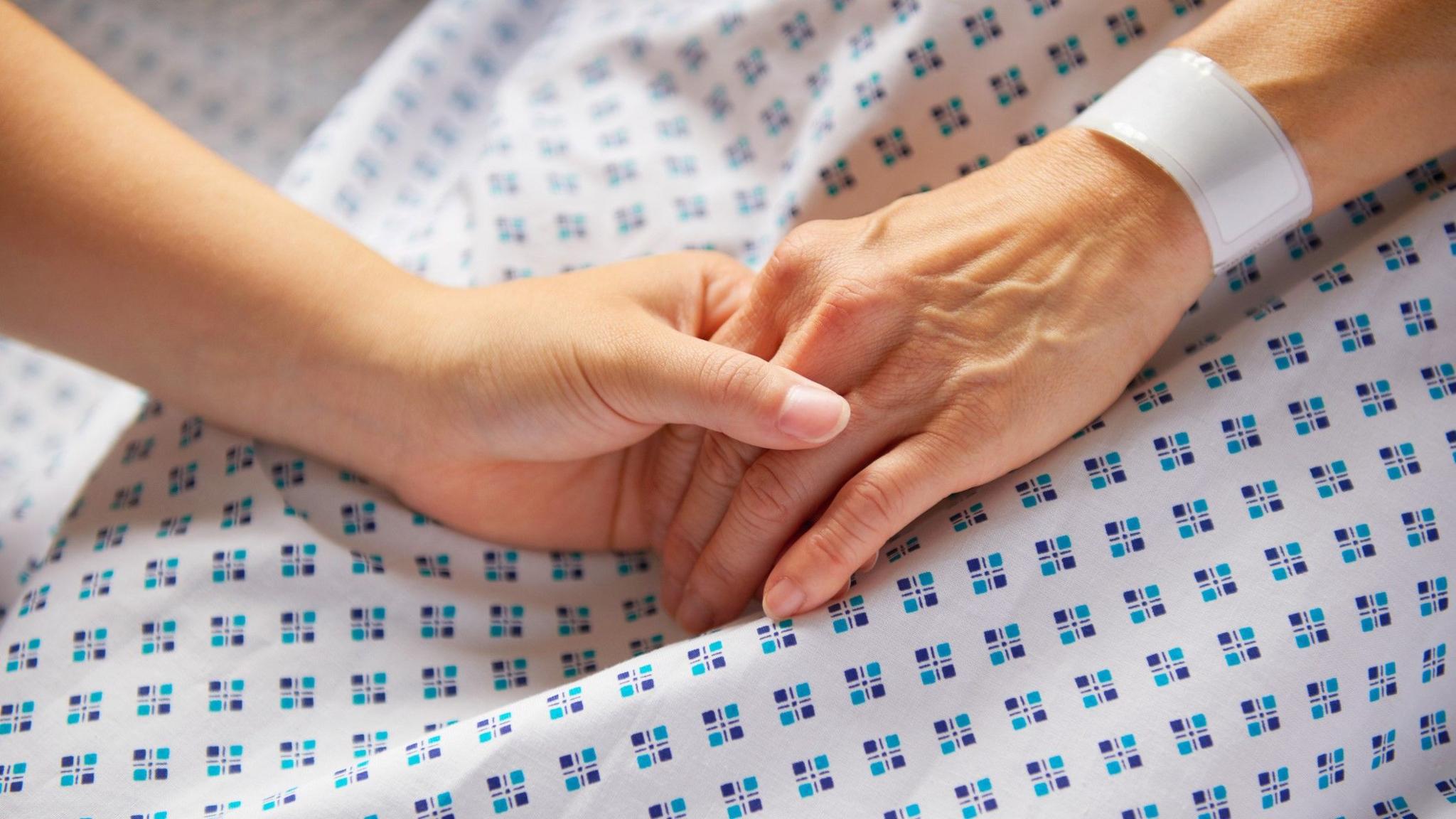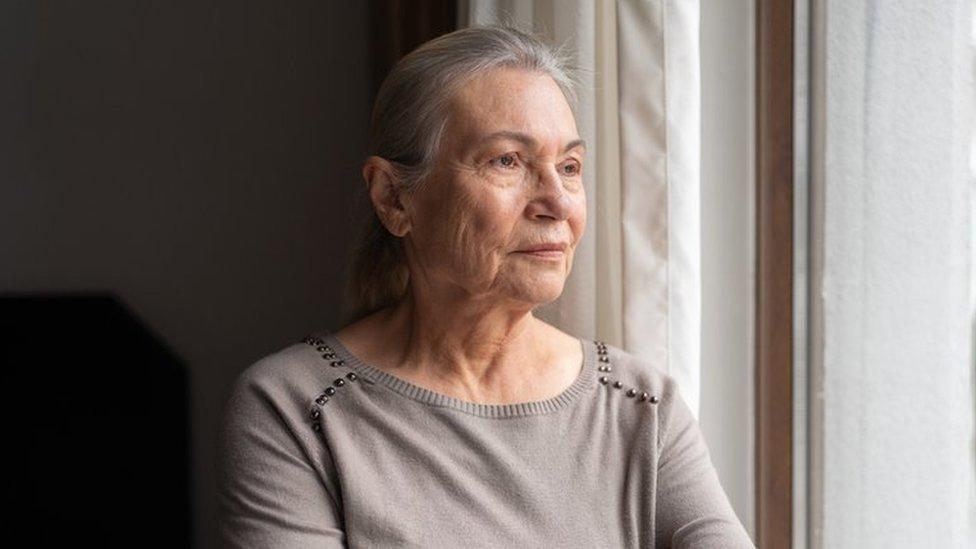Esther Rantzen urges MP lobby over assisted dying
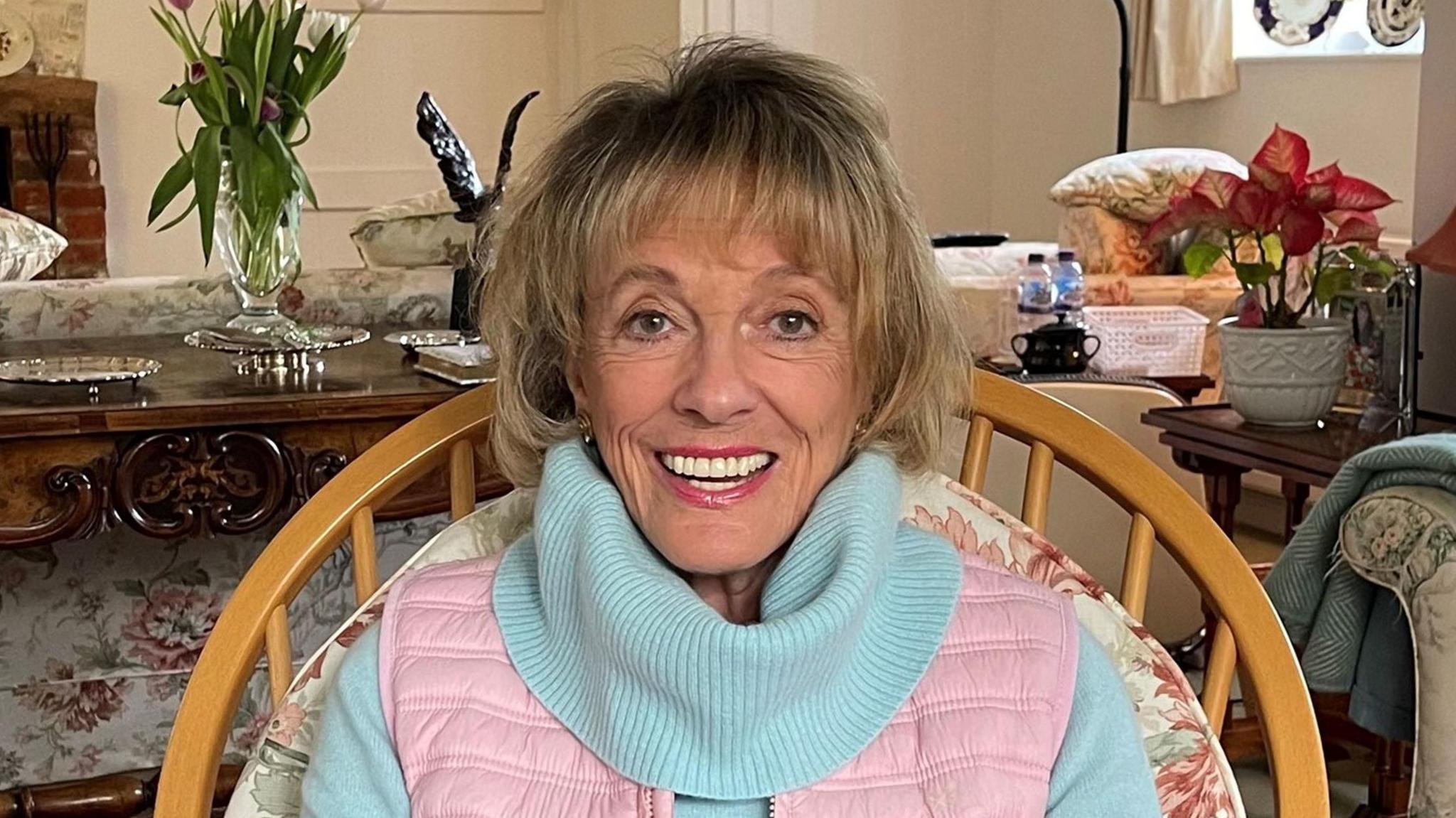
Dame Esther Rantzen said people with "good reasons for change" should contact their MPs
- Published
Dame Esther Rantzen has urged people to write to their MPs in support of a new parliamentary bill to enable assisted dying.
The campaigner and broadcaster, who has stage 4 lung cancer, told BBC Radio Solent she was "a bit horrified" that Catholics had been told to lobby MPs opposing any change to the law.
Dame Esther, 84, who previously announced she had registered with the Dignitas assisted dying clinic in Switzerland, said people should be allowed to "give up a life which has become unbearable".
Labour MP Kim Leadbeater's bill is due to be introduced to the House of Commons later before being debated in November.
Dame Esther said she was concerned that the most senior Catholic in England and Wales, Cardinal Vincent Nichols, had issued a pastoral letter, external urging parishioners to take action with MPs.
She told BBC Radio Solent: "Isn’t that lobbying? I think that’s a bit extreme, even if you believe it."
A spokesman for Cardinal Nichols, the Archbishop of Westminster, said he had called for "thoughtful consideration of the issues and a deepening of the debate", adding that "in a democratic process, it is important that all voices be heard".
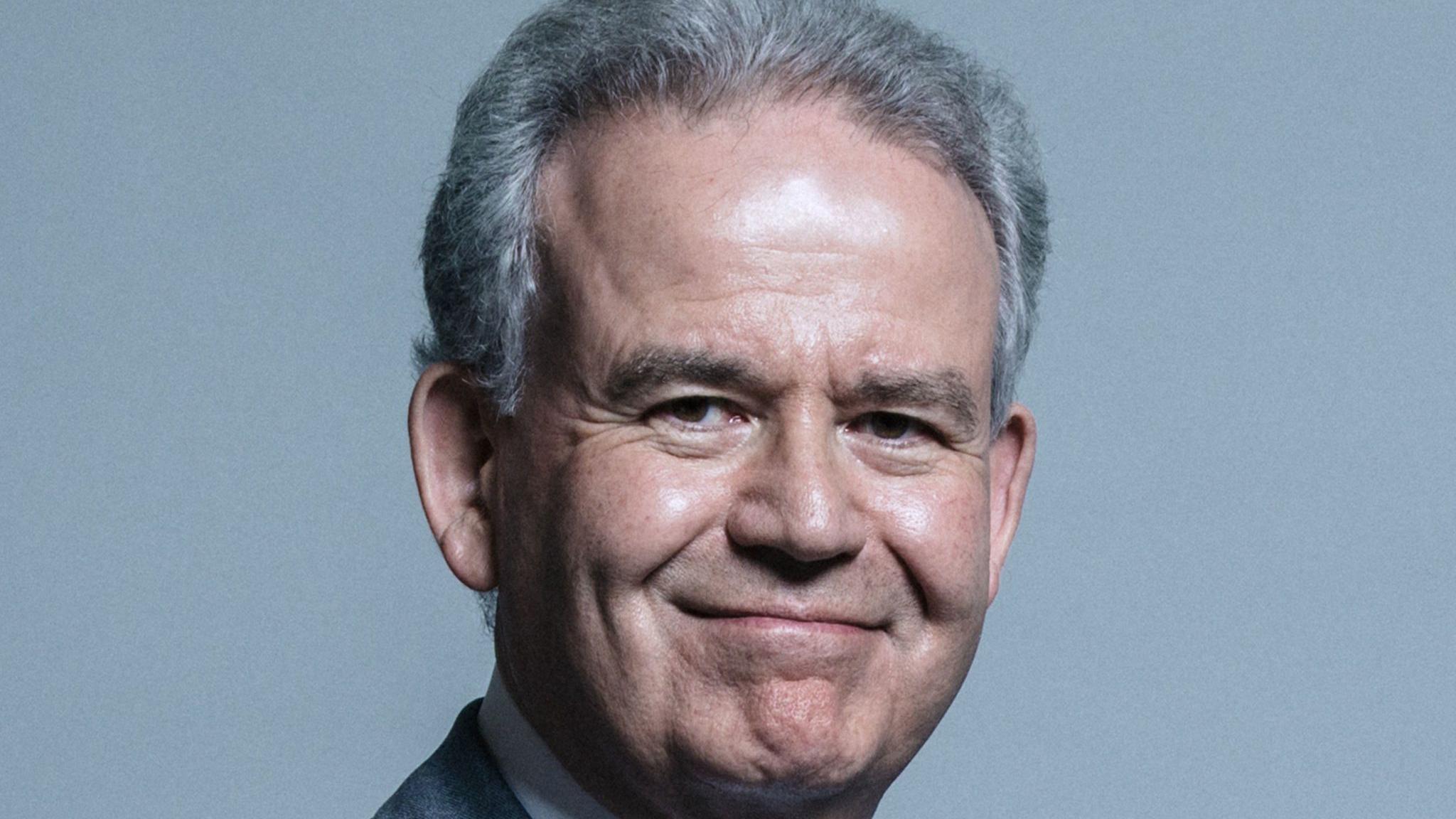
Dame Esther's MP, Sir Julian Lewis, said he did not feel able to support a change in the law
However, Dame Esther said it was right for people with "good reasons for change" to contact MPs.
She spoke to BBC Radio Solent presenter Lou Hannan, who disclosed her own father's "horrific" end of life, and said: "So many of us have had to witness painful death of people we love.
"I don't want my children to have that memory of me.
"The olden days, when discreet GPs used to bump people off if life got unendurable - unfortunately Dr Shipman changed all that because everything tightened up."
Dr Harold Shipman - thought to be Britain's most prolific serial killer - was convicted in 2000 of murdering 15 of his patients.
Dame Esther's own MP, Sir Julian Lewis, said he did not think he could vote for a change in the law.
The Conservative MP for New Forest East said: "On balance, I fear that no safeguards can be effective against some people feeling obliged to go down this route to avoid being a burden to their loved ones, and to avoid incurring costs which could otherwise be bequeathed as legacies to their families.
"Enhanced palliative care is, I think, the better route to follow. Yet, as stated, I shall carefully consider all the arguments when they are debated."
Get in touch
Do you have a story BBC Hampshire & Isle of Wight should cover?
You can follow BBC Hampshire & Isle of Wight on Facebook, external, X (Twitter), external, or Instagram, external.
- Published16 October 2024
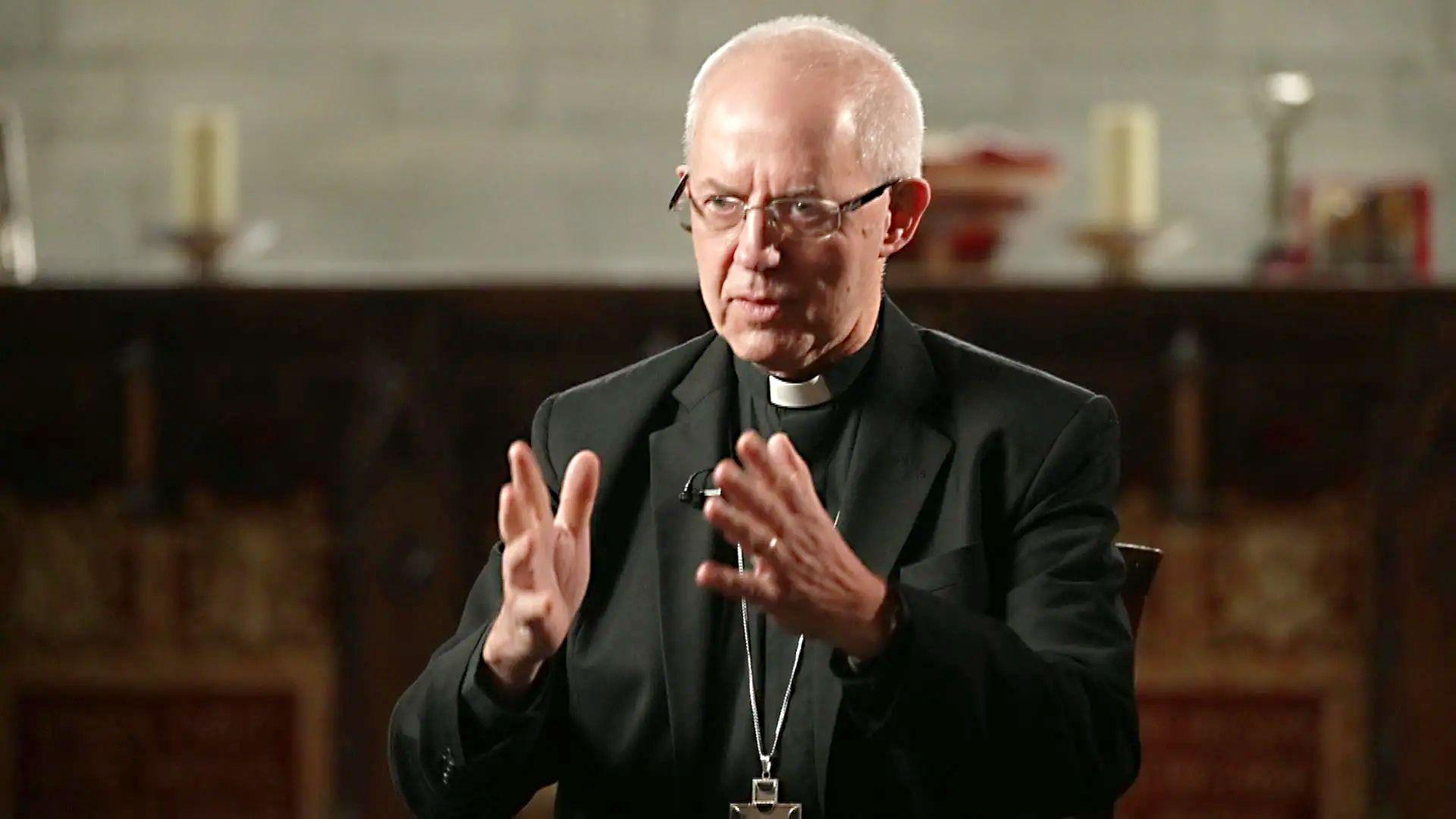
- Published4 October 2024
